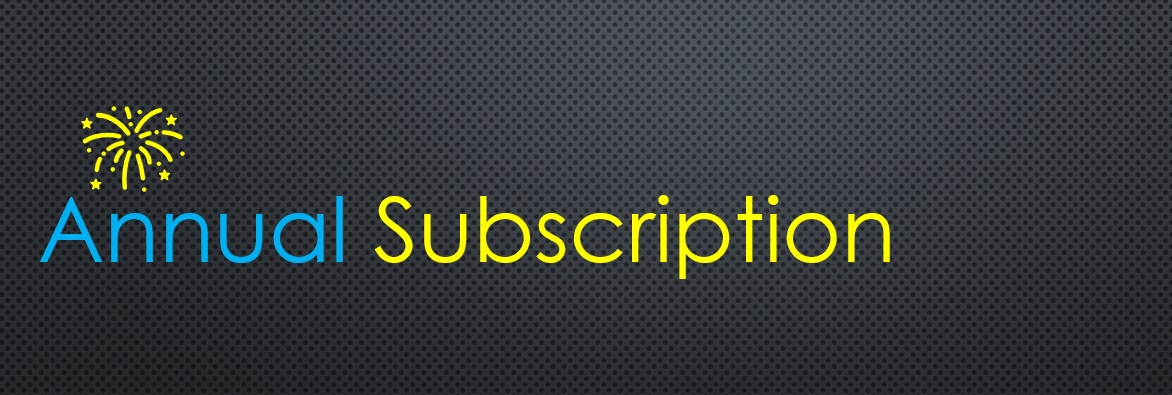Prerequisite:
QUESTION: What is the AWS Certified Security - Specialty (SCS-C02) exam for?
ANSWER: This exam is for those in security roles and tests your depth of knowledge on securing AWS products and services. Passing it validates your skills in areas like data security, encryption, secure protocols, AWS security services and features, and more.
QUESTION: What skills and knowledge does the exam focus on?
ANSWER: Key areas include:
- Deep understanding of data classification and protection on AWS
- Implementing encryption methods in AWS
- Using secure internet protocols with AWS tools
- Using AWS security services for a secure environment
- Making security-driven trade-offs involving cost and complexity
QUESTION: Who is the best candidate for this exam?
ANSWER: Ideal candidates have:
- 3-5 years experience designing and implementing security solutions
- At least 2 years of direct experience securing AWS workloads
QUESTION: Are there any specific AWS skills recommended for the exam?
ANSWER: Yes! You should be comfortable with:
- AWS shared responsibility model
- General AWS service knowledge and cloud deployments
- Security controls for AWS
- Logging/monitoring, security automation, and vulnerability management
- Integrating AWS security with 3rd party solutions
- Disaster recovery, cryptography, key management, and more
QUESTION: Are there types of tasks that the exam doesn't cover?
ANSWER: Yes. You won't be tested on:
- Software development in specific languages
- Confirming regulatory compliance
- Software development lifecycle management
- Network topology design
- Overall cloud deployment architecture
- Configuring storage with focus on data residency laws (like GDPR)
QUESTION: What kinds of questions will I see on the exam?
ANSWER: You'll encounter two main types:
- Multiple Choice: One correct answer, three incorrect ones.
- Multiple Response: Two or more correct answers out of five or more options.
QUESTION: Is there a penalty for guessing? ANSWER: No. Incorrect answers aren't penalized more than unanswered questions, so it's better to guess if you're unsure.
QUESTION: How many questions are on the exam?
ANSWER: There are 65 total questions. Of these:
- 50 questions affect your score.
- 15 unscored questions are used by AWS for evaluation.
QUESTION: How is the exam scored?
A:
- It's a simple pass/fail system.
- Scores are scaled from 100-1000, with 750 being the minimum to pass.
- You don't need to pass each section individually, just the overall exam.
QUESTION: What does the content outline mean? ANSWER: It tells you what areas the exam covers and how much emphasis is placed on each:
- Domain 1: Threat Detection and Incident Response (14%)
- Domain 2: Security Logging and Monitoring (18%)
- Domain 3: Infrastructure Security (20%)
- Domain 4: Identity and Access Management (16%)
- Domain 5: Data Protection (18%)
- Domain 6: Management and Security Governance (14%)
QUESTION: How long is the exam?
ANSWER: You'll have 170 minutes to complete it.
QUESTION: What's the format of the exam?
ANSWER: There are 65 questions in total. These will be a mix of multiple-choice (one correct answer) and multiple-response (two or more correct answers).
QUESTION: How much does the exam cost?
ANSWER: The standard cost is 300 USD. For detailed pricing, including potential foreign exchange rates, you can check the official AWS Exam pricing page.
QUESTION: How do I take the exam?
ANSWER: You have two options:
In-person: At a Pearson VUE testing center.
Online: With online proctoring (there are specific system requirements for this).
QUESTION: What languages is the exam offered in?
ANSWER: English, French (France), Italian, Japanese, Korean, Portuguese (Brazil), Simplified Chinese, and Spanish (Latin America).
QUESTION: What does the AWS Certified Security - Specialty exam certify? ANSWER: This certification proves you have these skills: Creating and implementing security solutions within the AWS Cloud. Understanding specialized data security and protection in AWS. Using encryption methods and AWS tools for encryption. Knowledge of secure internet protocols and how to implement them with AWS.
 Cloudera: CDP Administrator - Private Cloud Base Exam : CDP-2001
Cloudera: CDP Administrator - Private Cloud Base Exam : CDP-2001 Cloudera CDP Data Developer Certification Exam : CDP-3001
Cloudera CDP Data Developer Certification Exam : CDP-3001 CDP-0011: Cloudera Generalist Certification Exam
CDP-0011: Cloudera Generalist Certification Exam Cloudera CDP Data Analyst Certification Exam : CDP-4001
Cloudera CDP Data Analyst Certification Exam : CDP-4001 Annual Subscription
Annual Subscription Cloudera Generalist Certification (CDP-0011): Study Guide(eBooks)
Cloudera Generalist Certification (CDP-0011): Study Guide(eBooks)  Monthly Subscription
Monthly Subscription Databricks® Certified Machine Learning Associate Certification Exam
Databricks® Certified Machine Learning Associate Certification Exam.jpg) DBT (Data Build Tools) Fundamentais
DBT (Data Build Tools) Fundamentais.jpg) CDP Machine Learning Engineer Exam Guide CDP-6001
CDP Machine Learning Engineer Exam Guide CDP-6001 Sign in with Google
Sign in with Google
